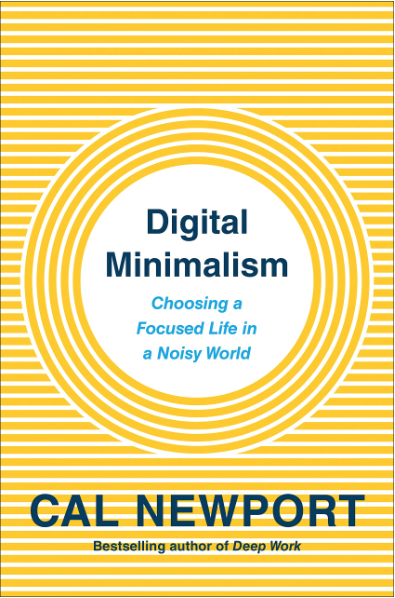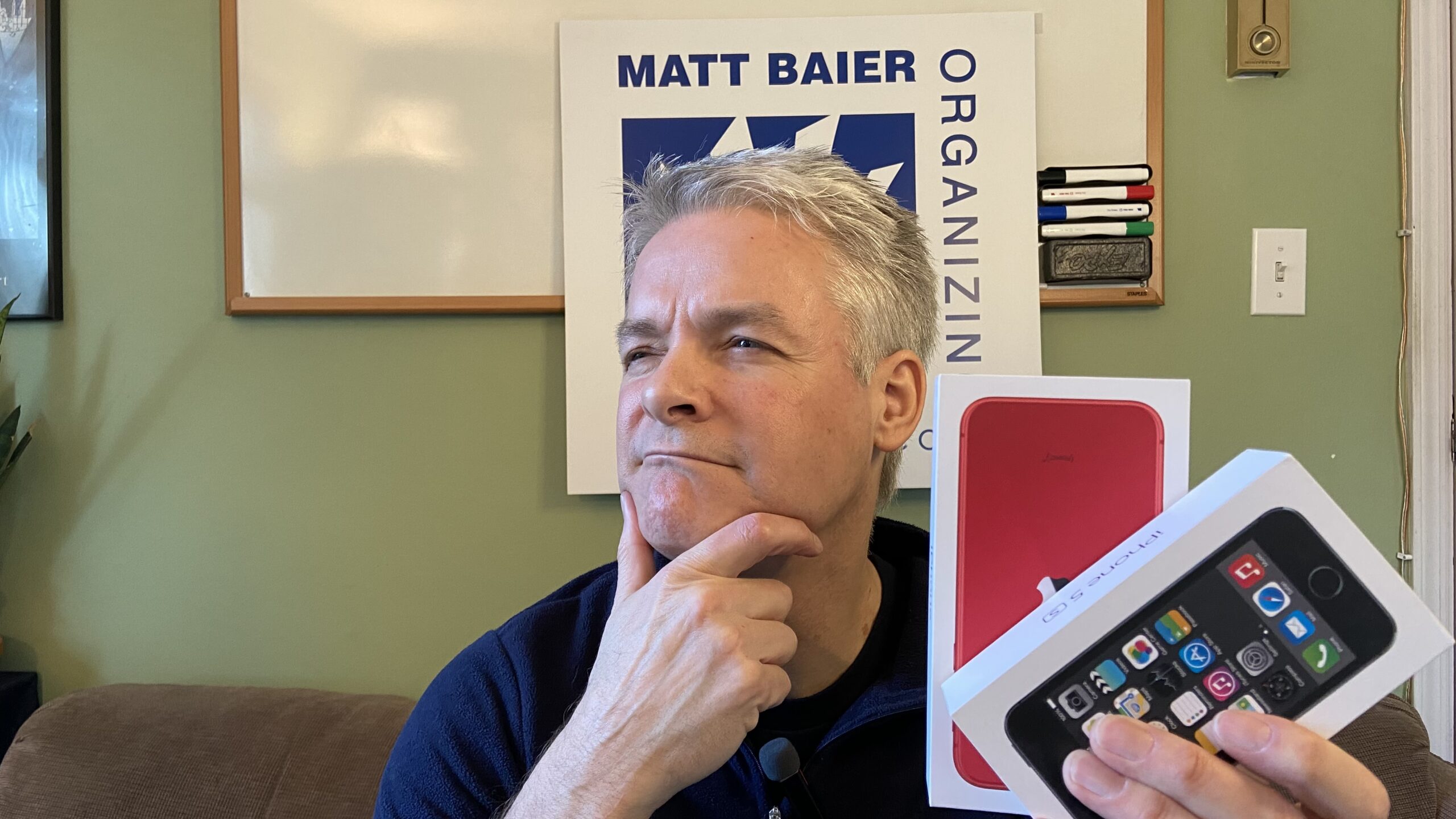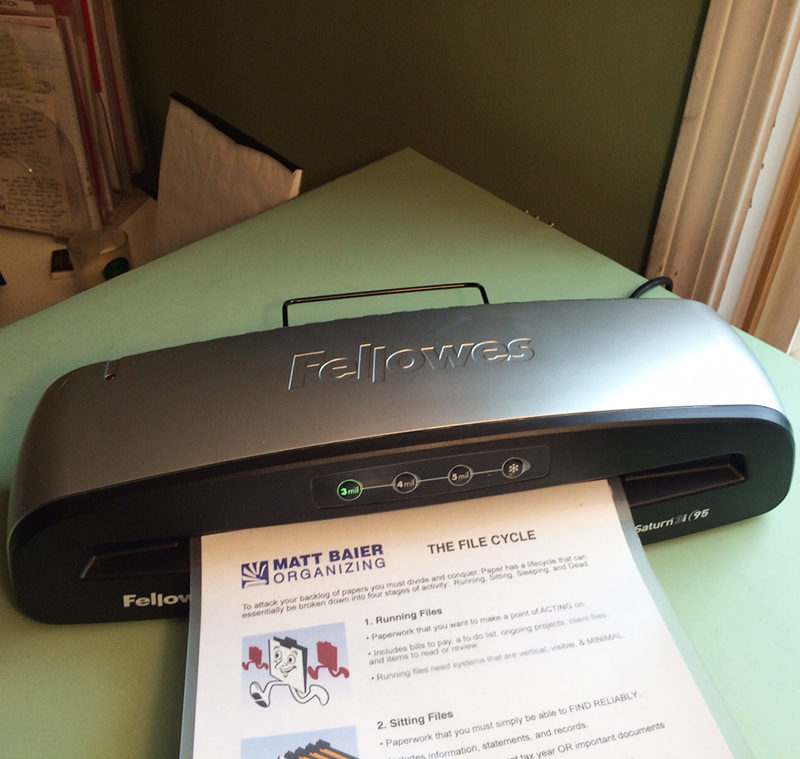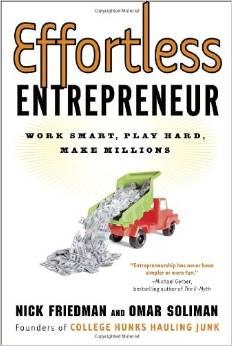Our company provides solutions for clutter, including paper and schedule clutter, but we don’t offer solutions for digital clutter. Cal Newton’s book does. In Digital Minimalism, Newport goes into great detail why digital clutter is such a problem, then recommends intelligent solutions.
He talks at length about Facebook and the iPhone. Both are major culprits of digital clutter, but they both began relatively innocently. Facebook began as an online version of a freshman directory. The iPhone was conceived as a device to keep your phone and iPod in one place. It soon became apparent, however, that both these innovations were excellent vehicles for vast wealth through the “attention economy.”
The Attention Economy
The “attention economy” can be actually be traced back to 1830 when Benjamin Day launched the New York Sun. This was the first penny newspaper. It’s customers stopped being the readers and started being the advertisers. The goal of the “attention merchant” was to sell as many minutes of the reader’s attention as possible. The reader’s attention became the valuable commodity, whose acquisition was the cause of the tabloid wars.
The “attention economy” has only grown since then, but in the 21st century it has exploded. You can understand the value of the “attention economy” by looking at the net worth of today’s biggest corporations. Google is worth $800 billion, Facebook worth $500 billion and Exxon/Mobile is worth a mere $320 billion. Newton summarizes this beautifully. “Extracting ‘eyeball minutes’ has become significantly more valuable than extracting oil.”
“The iPhone and its imitators allowed the attention economy to shift from its position as a profitable, but somewhat niche sector to one of the most powerful forces in our economy. At the core of this shift was the iPhone’s ability to deliver messages at all hours of the day and to collect data.”
In March 2012 Facebook joined forces with smart phones, by showing ads on its mobile service. By 2014 Facebook’s mobile service was 62% of its revenue and by 2017 it became 88% of its revenue. Now mobile pays the bills. Contemporary attention merchants are counting on your smart phone addiction.
Solitude deprivation
Newport also maintains that in our digital clutter, we are completely losing the value of solitude. He describes how Abraham Lincoln frequently sought solitude at the Soldiers Home, away from the White House. He believed you should “give your brain the regular dose of quiet it requires to support a monumental life”… “Solitude brings you the ability toclarify hard problems, to regulate your emotions, to build moral courage, and to strengthen relationships.” Simply put, “Humans are not wired to be constantly wired.”
“Social fast food”
Newport takes issue with the quantity and quality of social media, which he summarizes like this. “Just as the innovation of highly processed foods in the mid 20th Century lead to a global health crisis, the unintended side effects of digital communication skills, a sort of social fast food, are proving to be similarly worrisome.”
Social media facilitates an unnatural quantity of communication and does little to improve the quality of communication. Newport advocates “conversation-concentric communication.” He believes social media is best reserved for arranging more meaningful conversation. This includes face-to-face meetings, video chats, and phone calls. And he strongly discourages posting a “Like” in Facebook. He sees it only a connection, which is not to be confused with a conversation. Furthermore, this practice teaches your mind that this is okay.
Interference with “High quality leisure”
Newport spends a lot of time extolling the value of “high quality leisure.” This comes from embracing pursuits that provide you with a source of inward joy. Here is what he suggests to achieve it: 1. Prioritize demanding activity over passive consumption. 2. Use skills to produce valuable things in the physical world. 3. Seek activities that require real-world structural activities.
He acknowledges that decompression sessions have their place, but too often they devolve into low quality low-quality activities. Investing energy into something hard but worthwhile almost always returns much richer rewards. “Once someone becomes more intentional in their leisure, they tend to find more of it in their life.”
Minimalism begins with intention
There’s a good reason Newport spends so much time looking at the value of of solitude and high quality leisure. Minimalism is not about getting rid of things to create emptiness. On the contrary, consider Joshua Becker’s definition of minimalism: “The INTENTIONAL promotion of everything we most value and removal of anything that distracts us from it.” Minimalism begins with intention. In order for a digital declutter to work, you must first fully embrace the benefits.
31 day digital declutter
Once you are clear on your intention, Newport recommends a 30 day digital declutter, which includes:
- Listing new technologies that you want to cut out.
- Creating special alert for spouse suppress other notifications.
- Customizing the digital diet list to your goals.
On page 71, Newport describes some of the things people were able to do again during the digital declutter. This one is perhaps most telling. “Stepping away for 31 days provided clarity I didn’t know I was missing. As I stand here now from the outside looking in, I see there so much more the world has to offer.”
Reintroduce technology after 31 days
After 31 days Newport, suggests you only let back into your life technology that passes your strict minimalist standards. It must:
- Serve something you deeply value. Offering some benefit is not enough.
- Be the best way to serve this value. If it’s not, replace it was something better.
- Have a role in your life that is constrained with a standard operating procedure, that specifies when and how are you use it.
The point of digital minimalism and the value of this book can best be summed up in these two sentences. “The goal is not to give up on technology, but to leverage the latest innovations to your advantage, not that of faceless attention-economy conglomerates. Be able to say, because of technology I have a better human being than I was before.”
Concerned about digital clutter? This book will validate those concerns and provide sensible strategies to overcome them. I highly recommend it!
Please Share With Your Community














